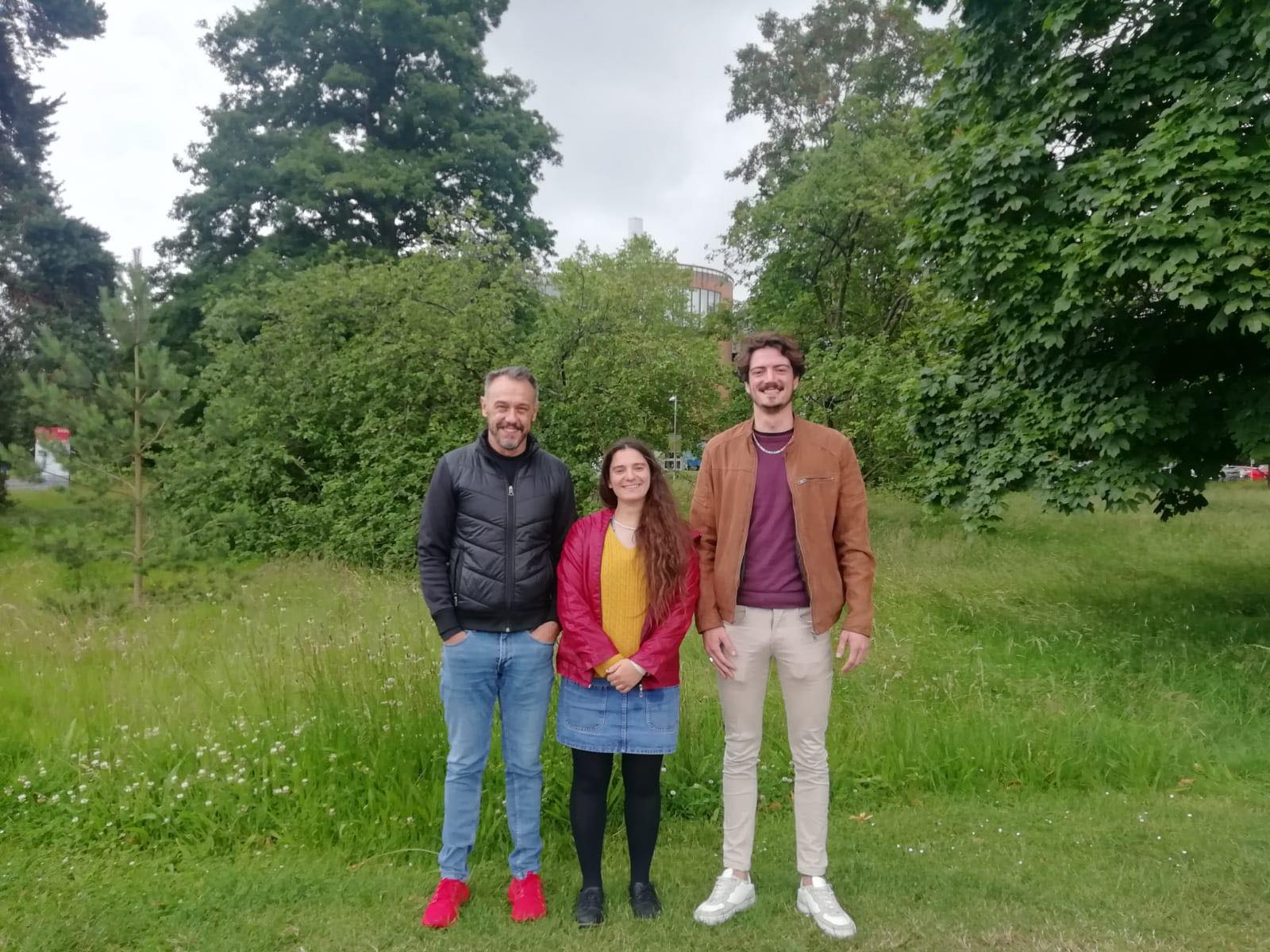Introduction
Recently, one of our LEMONTREE postdoctoral research associates, Olivia Haas, went to Montpellier in France to work alongside the team at the Centre d’Ecologie Fonctionnelle & Evolutive (CEFE) as part of the FIRE-ADAPT project. This has opened the door to further collaboration and the opportunity for more of our LEMONTREE early career researchers (ECRs) to go on secondment to Montpellier. Read on for more information about Olivia’s work in France, where the research is heading now and her reflections on the ECR secondment.
Global versus local fire modelling
Olivia’s PhD thesis focused on the global controls of fire regimes including the intensity, size and burnt area of wildfires. An important aspect of testing this model is determining how well the model performs at the local scale and hence, investigating how universal the relationships in the global model are.
Olivia travelled to France, after securing funding from FIRE-ADAPT, to apply her global modelling approach in the local context using data provided by the team at Montpellier. The FIRE-ADAPT project aims to understand how fire management can be useful not only for wildfire prevention, but for improving ecosystem services. A precursor to understanding how fire management may interact with local ecosystems is understanding the properties of the fire in the local context. Running Olivia’s global models using local, higher resolution data as inputs provided good predictions of the local fire regimes, which demonstrated their ability to perform on a local scale. Furthermore, this work has led to Olivia exploring the difference between locally and globally trained models.
What next? Olivia and her two collaborators at Montpellier, Florent Mouillot and Lilian Vallet, are now working on two pieces of research together to share their findings with the scientific community. Further collaboration with the South American partners of FIRE-ADAPT are also aiding these research efforts.
Florent and Lilian recently completed their half of the exchange, visiting the University of Reading for a month. During this time, they were able to participate in the LEMONTREE Fire-vegetation research meetings, present their own research, and continue to collaborate with Olivia.

Pictured: From left to right, Florent Mouillot, Olivia Haas and Lilian Vallet at the University of Reading as part of the FIRE-ADAPT exchange.
The importance of ECR Secondments
Cross-institutional collaboration is an underpinning aspect of the LEMONTREE project. It is also crucial to the development of our early career researchers to be able to take advantage of this collaborative focus to increase their exposure internationally.
Speaking on collaboration Olivia says “Collaboration is important because philosophies of thought and work methods can be very different [between places]. Being on secondment, you can see what you might take home from another place and also assess what works well already at your institution. On the science side, people have diverse backgrounds, and this is important for robust research.”
Olivia is originally from France, and it was important to her to engage with researchers at home. Additionally, becoming exposed to the academic landscape in France also provided valuable insights into the diverse research cultures within the fire modelling field and allowed her to develop an international network. Further, Olivia noted that spending a whole month on secondment was incredibly valuable as it allowed her to settle into the group and develop a better understanding of their research culture.
The LEMONTREE team look forward to continued collaboration with the team at Montpellier and upcoming visits to France.
